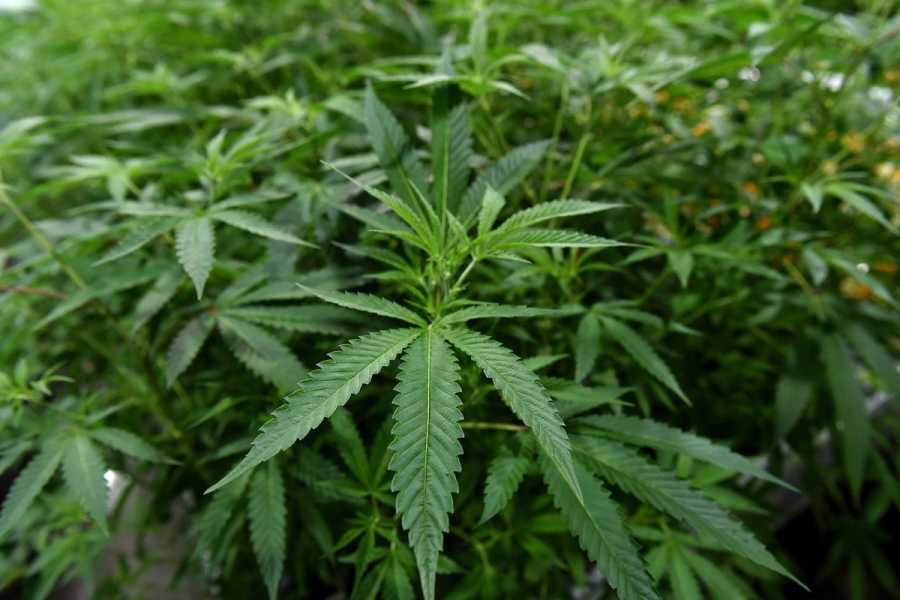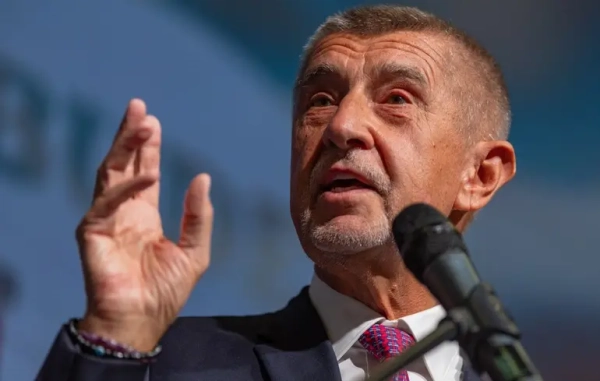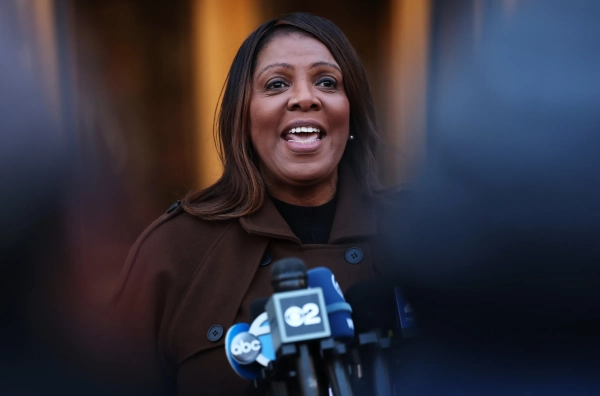A potential policy change could have big benefits for marijuana businesses.

Federal law requires all research in federally funded laboratories to use only marijuana from a single facility located in Oxford, Mississippi. Brad Horrigan/Hartford Courant/Tribune News Service/Getty Images Li Zhou is a politics reporter at Vox, where she covers Congress and elections. Previously, she was a tech policy reporter at Politico and an editorial fellow at the Atlantic.
The United States Department of Drug Enforcement and Administration (DEA) reportedly now plans to reclassify marijuana as a lower-risk drug, a change that could further destigmatize the substance’s use and have a major impact on how the cannabis industry operates.
In the US, marijuana is currently classified as a Schedule I drug, in the same category as heroin, and treated as more dangerous than fentanyl and cocaine. Schedule I drugs are described by DEA as drugs with “no accepted medical use and and a high potential for abuse.” After a request from the Biden administration for the relevant agencies to review its status, the Department of Health and Human Services (HHS) suggested the DEA — which is in charge of scheduling drugs — alter its classification to Schedule III, a category that includes anabolic steroids and ketamine.
This week, the DEA moved forward with that plan, which now awaits approval from the Office of Management and Budget. Once it receives that sign-off, the agency will field public comments about its decision to reschedule the drug before officially implementing this update.
Practically, a move to reschedule marijuana could be a major boon to weed businesses, allowing them to access tax breaks that they currently aren’t able to use. Rescheduling marijuana does not legalize it federally, however. And while individuals could see reduced federal penalties for weed possession, having marijuana could still be criminalized at the federal level, meaning drug charges would remain a risk.
Many criminal justice reform advocates and lawmakers have called for weed to be descheduled — much like alcohol — which would mean that it can be regulated, but that states would have more leeway for reforms. Rescheduling falls short of this, though it could still meaningfully dilute some of the stigma around the medical and recreational use of the drug, and may pave the way for other policy changes.
Drug scheduling, briefly explained
There are five categories that a drug can be “scheduled” as under the Controlled Substances Act (CSA), with each demarcating its medical uses and potential for abuse. Schedule I is the harshest classification that’s available, while Schedule V is the least, signaling that a drug is less likely to be abused. Weed could be moved to Schedule III.
Schedule III drugs are described by the DEA as drugs with “moderate to low potential for physical and psychological dependence,” and believed to have some medical applications.
Some drugs, like nicotine and alcohol, are descheduled, which means there’s limited federal oversight and that they’re not regulated as part of the CSA at all. Instead, descheduled drugs are subject to public health laws and state-level regulations.
Many activists and advocates, as well as a group of Senate Democrats, have argued that cannabis should be descheduled rather than rescheduled in order to truly decriminalize it and remove harmful legal penalties altogether.
“The case for removing marijuana from Schedule I is overwhelming. The DEA should do so by removing cannabis from the CSA altogether, rather than simply placing it in a lower schedule,” a dozen senators including Sens. Elizabeth Warren (D-MA) and Chuck Schumer (D-NY) previously wrote in a letter to the agency.
[Related: The federal drug scheduling system, explained]
What a change to weed’s federal classification could mean
The changing of weed’s classification could portend key changes for weed businesses and for drug researchers. Because weed is currently a Schedule I drug, businesses that sell it are subject to a high tax rate and limited deductions, something that marijuana businesses often claim make for difficult margins. One marijuana CEO told Politico access to federal financial business incentives would create a “healthier cannabis industry.”
A reclassification could also open up possibilities for scientific research on the medical benefits of weed and other questions, since Schedule III drugs aren’t subject to as onerous of an approval process for such studies. A rescheduling of marijuana could also mean that more medicinal products that contain it could be approved by the Food and Drug Administration. And that could lead to a more regulated medical marijuana industry for those who use the drug to treat conditions like Parkinson’s disease or lupus. Other Schedule III drugs like ketamine, for example, can be obtained via a prescription.
For individuals, access to recreational marijuana could still vary depending on their specific state’s laws, as could access to medicinal marijuana, depending on if the FDA chooses to approve more specific treatments. Recreational use at the federal level would also still be illegal. Legislation to legalize marijuana federally has had some bipartisan support in Congress from the likes of House Minority Leader Hakeem Jeffries (D-NY) and Rep. Dave Joyce (R-OH), but it still hasn’t picked up sufficient backing to pass both chambers.
That’s despite a majority of Americans supporting marijuana legalization and growing momentum to pass such laws at the state level: 23 states have legalized the use of recreational marijuana and 38 states have approved access to medical marijuana.
All that means, however, that there could still be risk of arrest and federal charges for marijuana. There is a chance that rescheduling could “reduce or potentially eliminate criminal penalties for possession,” according to the Associated Press. Activists, however, warn that it’s not yet clear just how much such penalties would change.
“Rescheduling cannabis from 1 to 3 does not end criminalization, it just rebrands it. People will still be subject to criminal penalties for mere possession, regardless of their legal status in a state-level medical program,” cannabis advocate Justin Strekal told Politico.
One thing rescheduling would have is significant symbolic heft. It would alter the way that weed is formally being treated at the federal level, and would do more to normalize its use. Theoretically, that could act as an early step to more transformative federal policy that could one day legalize marijuana more broadly and provide more consistent regulations on the subject.
Update, May 1, 5:10 pm ET: This piece was originally published on August 31, 2023, and has been updated with the DEA’s recent decision.
Sourse: vox.com






